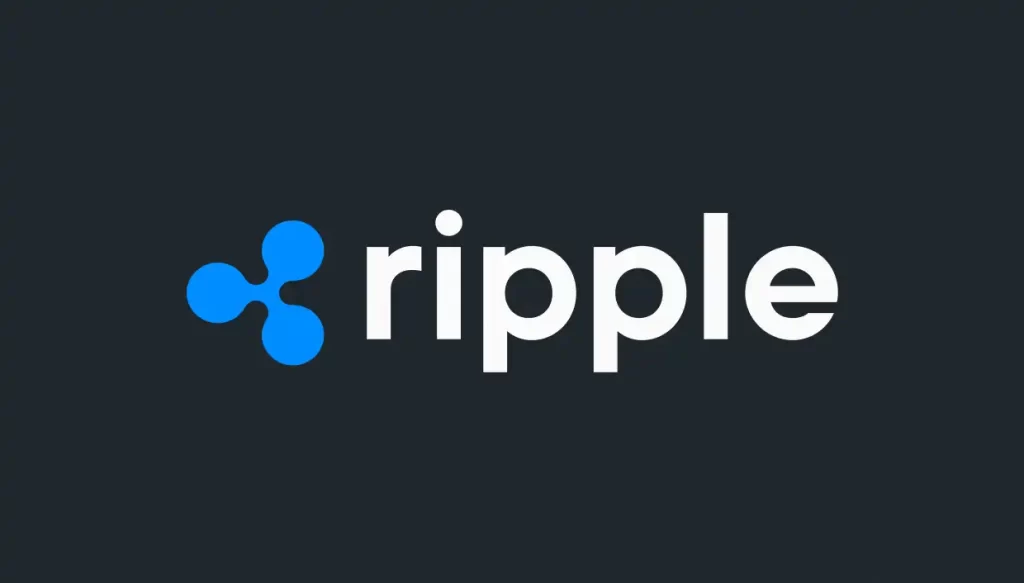Consensys’ legal battle with the United States Securities and Exchange Commission (SEC) has brought to light significant revelations regarding the SEC’s position on Ether.
According to a report by Fox Business producer Eleanor Terret, the SEC and its chair, Gary Gensler, held the belief that Ether constituted a security, at least for a certain period.
Terret, referencing court documents filed by Consensys on April 29, stated that the SEC and Gensler “appear to have believed for at least a year” that Ether was an “unregistered security trading out of compliance with current federal regulations.”
This disclosure follows Consensys’ submission of an unredacted complaint against the SEC to a Texas federal court on April 25, in response to a Wells notice from the SEC outlining its intent to sue Consensys for alleged violations of federal securities laws.
The newly revealed documents indicate that on March 28, 2023, Gurbir Grewal, the head of the SEC’s Division of Enforcement, sanctioned a formal investigation into Ether’s classification as a security.
Dubbed the “Ethereum 2.0” investigation, this initiative empowered enforcement personnel to scrutinize and subpoena individuals and entities engaged in the trading of the cryptocurrency.
Sources familiar with the matter, speaking on condition of anonymity, disclosed that subpoena recipients were instructed to maintain strict confidentiality regarding the investigation if they sought additional information from the SEC.
The genesis of the “Ethereum 2.0” investigation stemmed from the SEC’s suspicion that potential unregistered offerings and sales of Ether had taken place since at least 2018.
READ MORE: Republic First Bank Closure Sparks Crypto Debate Amidst First U.S. Banking Failure of 2024
Should the SEC under Gensler’s leadership deem Ether a security, it would contradict prior guidance provided by the SEC under former Chair Jay Clayton.
In June 2018, Bill Hinman, then-Director of Corporation Finance, declared in a speech the SEC’s stance that Ether, along with Bitcoin, did not qualify as securities.
Further revelations from the filings indicate that the five-member commission authorized the Division of Enforcement’s “Ethereum 2.0” investigation on April 13, 2023, merely five days before Gensler faced questioning before the House Financial Services Committee, where he declined to clarify the SEC’s stance on Ether’s classification as a security.
This development coincides with recent assertions by applicants and entities involved in a potential Ether exchange-traded fund in the U.S., suggesting an anticipated delay by the SEC in reaching a decision regarding the approval of such a product in May.
ETF analyst Eric Balchunas from Bloomberg believes that Gensler’s ambiguous position on Ether could influence the decision-making process, given his previous reluctance to define Ether as a security.
To submit a crypto press release (PR), send an email to sales@cryptointelligence.co.uk.









